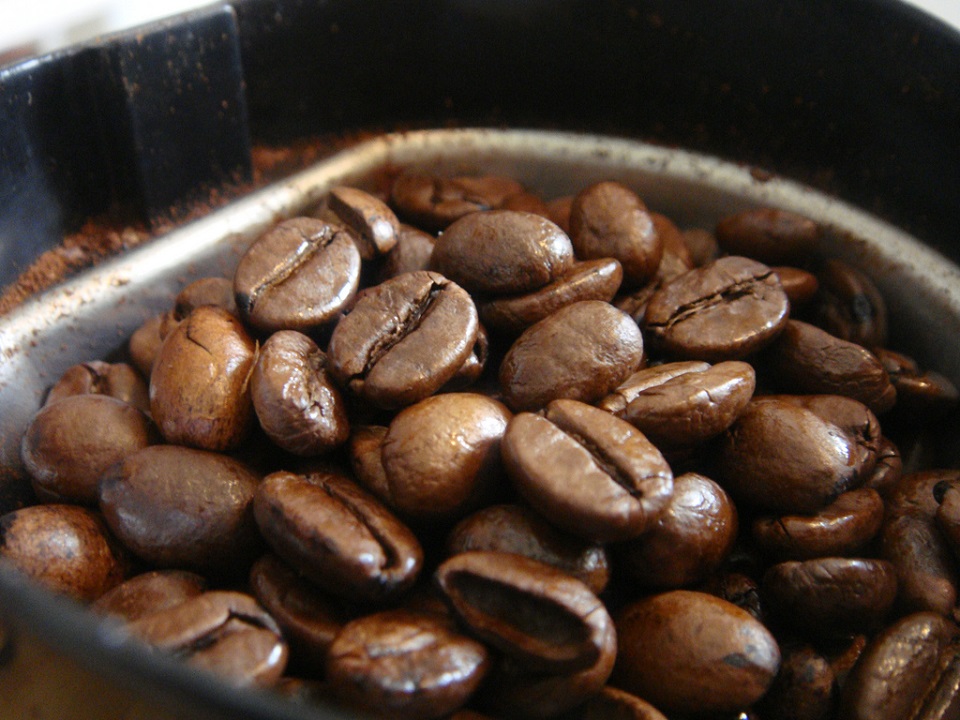
In this study Caffeinated and decaffeinated coffee and tea intakes and risk of colorectal cancer in a large prospective study the scientist looked at a possible correlation between colon cancer and drinking coffee and tea.
At the start of the study participants completed questionnaires on their diet and lifestyle and during the follow-up period, the researchers looked at the number of colorectal cancers that developed.
The researcher then found a negative relationship between both decaffeinated coffee and regular coffee and the prevalence of colon cancer. Those who drank four to five cups of coffee (caffeinated or decaffeinated) a day had a 15% reduced risk of developing cancer, while those who drank six or more had a 26% reduced risk, compared with non-drinkers.
Background:
Coffee and tea are widely consumed globally and are rich sources of potential chemopreventive compounds. Epidemiologic data for coffee and tea intakes in relation to colorectal cancer remain unclear. Despite differences in gut physiology, few studies have conducted investigations by anatomic subsites.
Objective:
We evaluated coffee and tea intakes (caffeinated and decaffeinated) in relation to the colon (proximal and distal) and rectal cancers.
Design:
The NIH-AARP Diet and Health Study included 489,706 men and women who completed a baseline (1995–1996) self-administered questionnaire of demographics, diet, and lifestyle. Over a median of 10.5 y of follow-up, we identified 2863 proximal colon, 1993 distal colon, and 1874 rectal cancers. Multivariable HRs and 95% CIs were estimated by using Cox regression.
Results:
Approximately 16% of participants drank ≥4 cups coffee/d. Compared with nondrinkers, drinkers of 4–5 cups coffee/d (HR: 0.85; 95% CI: 0.75, 0.96) and ≥6 cups coffee/d (HR: 0.74; 95% CI: 0.61, 0.89; P-trend < 0.001) had a lower risk of colon cancer, particularly of proximal tumors (HR for ≥6 cups/d: 0.62; 95% CI: 0.49, 0.81; P-trend < 0.0001). Results were similar to those overall for drinkers of predominantly caffeinated coffee. Although individual HRs were not significant, there was a significant P-trend for both colon and rectal cancers for people who drank predominantly decaffeinated coffee. No associations were observed for tea.
Conclusions:
In this large US cohort, coffee was inversely associated with colon cancer, particularly proximal tumors. Additional investigations of coffee intake and its components in the prevention of colorectal cancer by subsites are warranted.
__________________________
Caffeinated and decaffeinated coffee and tea intakes and risk of colorectal cancer in a large prospective study
_____________











![OpenAI. (2025). ChatGPT [Large language model]. https://chatgpt.com](https://www.illustratedcuriosity.com/files/media/55136/b1b0b614-5b72-486c-901d-ff244549d67a-350x260.webp)
![OpenAI. (2025). ChatGPT [Large language model]. https://chatgpt.com](https://www.illustratedcuriosity.com/files/media/55124/79bc18fa-f616-4951-856f-cc724ad5d497-350x260.webp)
![OpenAI. (2025). ChatGPT [Large language model]. https://chatgpt.com](https://www.illustratedcuriosity.com/files/media/55099/2638a982-b4de-4913-8a1c-1479df352bf3-350x260.webp)








